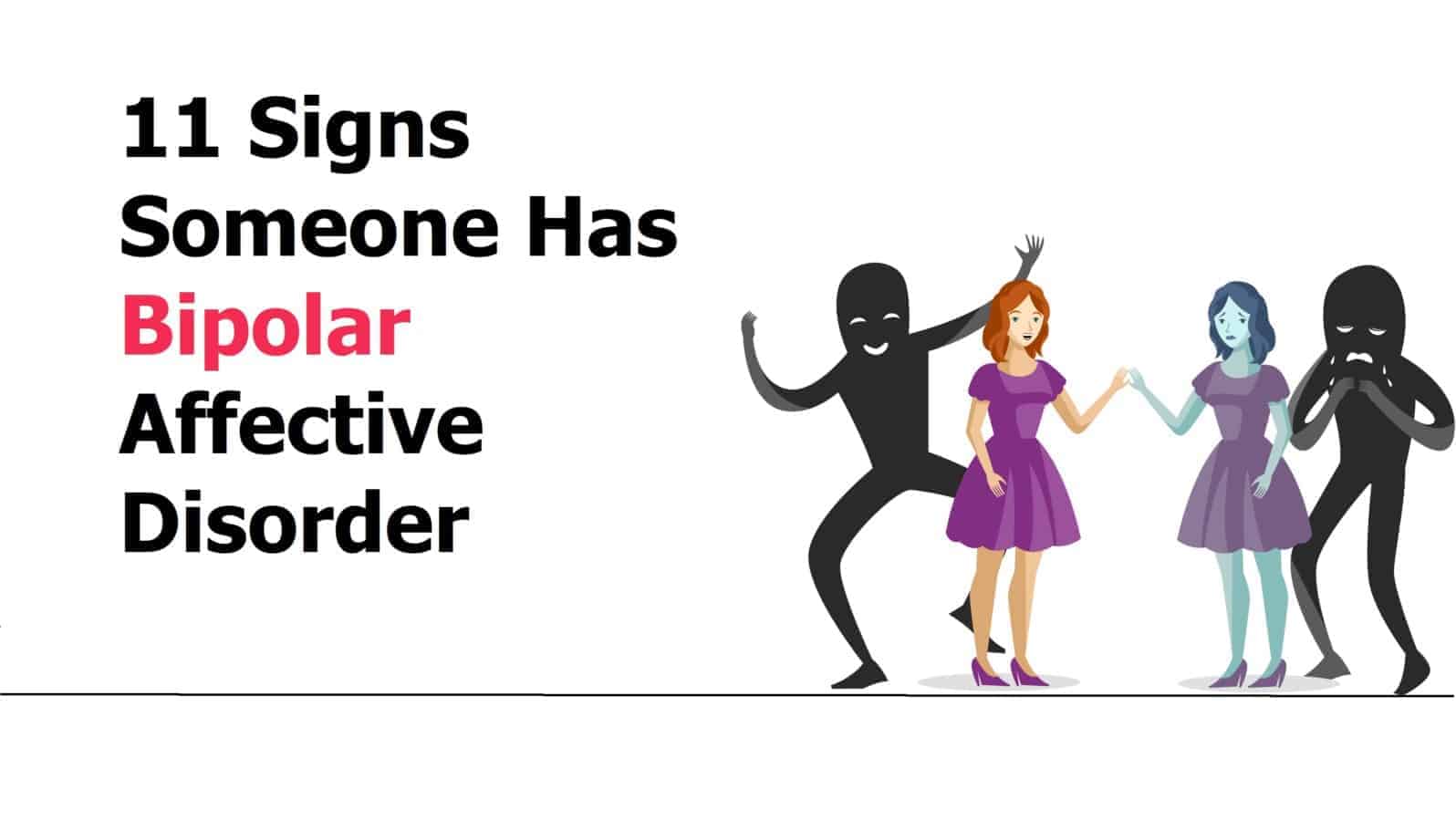What is schizophrenia?
Affecting around one percent of the American population, schizophrenia is a serious mental illness that interferes with a person’s ability to think clearly. A person diagnosed as schizophrenic often has difficulty managing emotions and relating to other people.
Schizophrenia is usually diagnosed between the ages of 13 and 40. The peak ages for male diagnosis are between the late teens and early 20s. Females are frequently diagnosed between their late 20s and early 30s.
Schizophrenia is notoriously difficult to diagnose. Certain mind-altering drugs like meth and LSD can trigger similar symptoms. Some doctors may confuse the underlying cause. This is especially true if the patient is not forthright about past drug use. People with schizophrenia rarely realize they’re developing a mental illness. This lack of self-awareness can further complicate diagnosis and delay treatment.
“The schizophrenic mind is not so much split as shattered. I like to say schizophrenia is like a waking nightmare.” ~ Dr. Elyn Saks, diagnosed schizophrenic, Associate Dean and Professor of Law at the University of Southern California
Causes of schizophrenia
Let’s quickly discuss the potential causes of schizophrenia, of which there are several.
- Brain Chemistry: Imbalances of brain chemicals, including dopamine, may increase the risk of schizophrenia. Problems with neural networks may also be a factor.
- Environmental Influences: Exposure to toxins or malnutrition before birth increases the risk of chemical imbalances in the brain. In some studies, this increases the risk of schizophrenia. A compromised immune system, along with one or more of these conditions, can also increase risk.
- Genetic Predisposition: While just 1% of the population will develop schizophrenia, this percentage increases considerably for first-degree relatives of someone with the condition.
- Substance Abuse: Some research suggests that substance abuse between late teens and early adulthood increases the risk of schizophrenia onset. Some studies conclude that marijuana may increase the frequency of psychotic incidents. Importantly, this potentially leads to an earlier onset of symptoms.
10 Signs Someone Might Be Schizophrenic
Here are ten potential indicators of schizophrenia:
1. Agitation:
People with schizophrenia may feel agitated. Treatment becomes more difficult because of the agitation, which often worsens due to high levels of inner tension.
2. Apathy:
Apathy is a hallmark symptom of schizophrenia, and is characterized by a lack of motivation, low energy, and detachment.
3. Delusions:
Tragically, most people with schizophrenia suffer from delusions – strongly-held beliefs that lack a basis in reality. The most common type of delusion is a belief that they are being followed, tormented, spied on, or ridiculed.
4. Depression-like symptoms:
Also called “negative symptoms,” people with schizophrenia often act or speak in a detached way. They may express hopelessness or sorrow. They may also lose interest in life or show little initiative.
5. Disorganized thinking:
Disorganized thinking is the trademark sign of schizophrenia. “Word salad” is a real psychological term describing a confused or meaningless mix of random words and phrases. This is, at times, characteristic behavior of someone with this condition.
6. Emotional detachment:
As mentioned, depressive symptoms and schizophrenia overlap at times. This may be due to the chemical imbalance in the brain as the disease progresses. In this case, the individual appears aloof and disinterested.
7. Hallucinations:
Though not as frequent a symptom as delusions, hallucinations are a serious sign. At times, the person sees things that are not there. Sometimes, these hallucinations can be extremely disturbing and upsetting to a person with schizophrenia.
8. Isolation and social withdrawal:
As the disease progresses, people with schizophrenia are more apt to isolate themselves from others. Social withdrawal may be both a symptom of the disease and a conscious decision by someone suffering from the disease. Those with schizophrenia are often embarrassed by their behavior when cognizant. Therefore, they choose to limit their interactions with other people.
9. Loss of drive/focus:
Schizophrenia often leaves someone feeling apathetic towards meaningful work. While stories of successful schizophrenics are not rare, they are the exception to the rule. Once again, this lack of drive and focus can be related to depression and withdrawal.
10. Out of place behavior/mannerisms:
Schizophrenia may cause someone to act in a way that is inappropriate to the situation. For example, laughing aloud for no reason, or acting with an unmistakable child-like “silliness.” It’s common for someone with schizophrenia to resist simple instructions and act with defiance.
Final thoughts: Getting past the stigma
Stories abound of individuals who have schizophrenia attempting to hide their condition from others. Despite research and mental health outreach efforts, the ignorance surrounding mental health issues is prevalent. This has led to a shameful social stigma attached to conditions like schizophrenia, bipolar disorder, and others.
As global citizens, we must do better. When people who are suffering feel support and encouragement, they are far more likely to seek potentially life-changing treatment.
If you or someone you love is suffering from a serious mental health disorder, please reach out for support. The Substance Abuse and Mental Health Services Administration (SAMHSA) National Hotline can be reached at 1-800-662-HELP.
https://www.youtube.com/watch?v=FnJLrAQrzjw














 Community
Community

